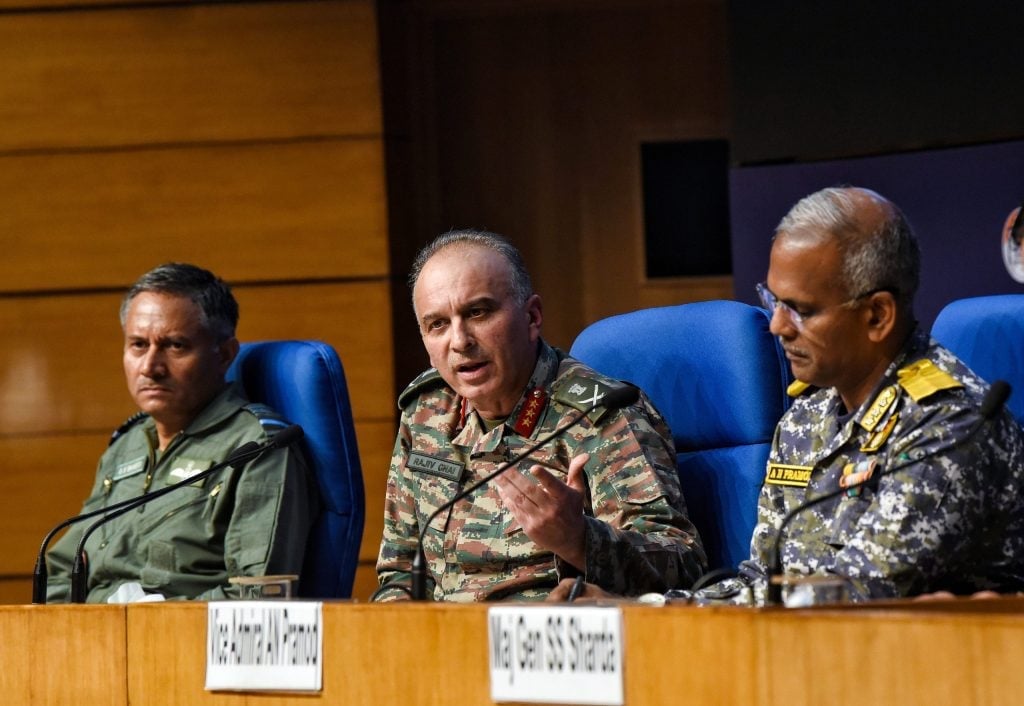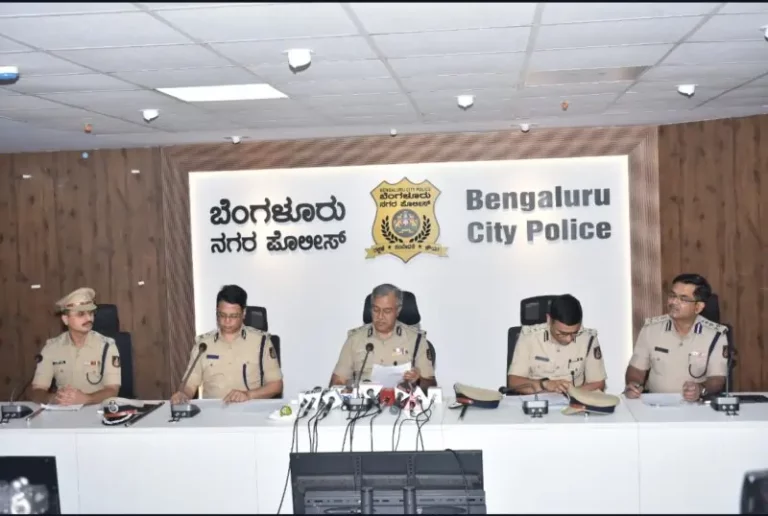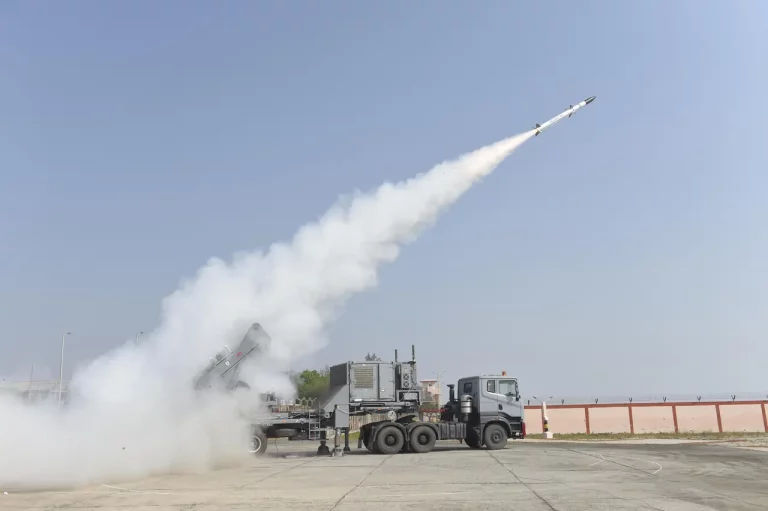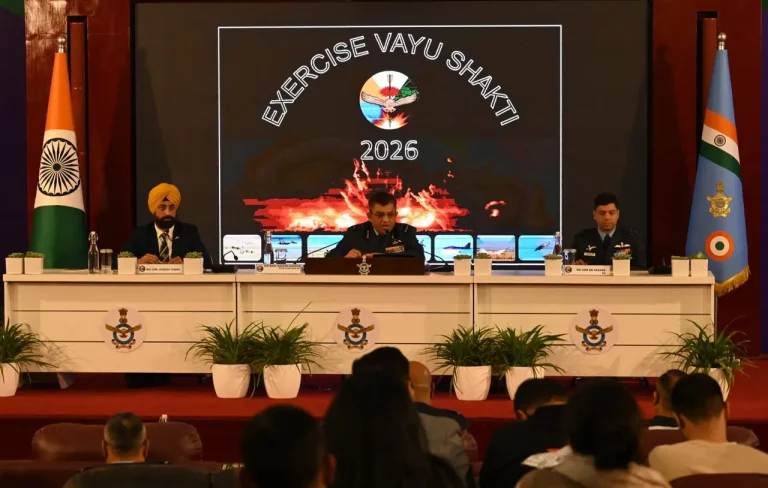In a significant turn of events, India and Pakistan have agreed to a mutual ceasefire across land, air, and sea, prompting a closer examination of the roles played by the Directors General of Military Operations (DGMOs) from both countries. These senior military officials are central figures in managing tensions and often serve as the initial point of contact amid escalations in military hostilities.
The agreement to cease all military actions was the outcome of a direct conversation between the two DGMOs on May 10. Foreign Secretary Vikram Misri revealed that Pakistan’s DGMO contacted India’s DGMO at 15:35 hours, leading to a consensus that all firing would be halted from 17:00 hours IST. This development marks a rare moment of de-escalation in a long-standing rivalry.
Lieutenant General Rajiv Ghai has been overseeing Indian military operations since October 25, 2024, and plays a crucial role in planning and executing various operations. His counterpart, Major General Kashif Abdullah, represents Pakistan in the same capacity. The DGMOs’ responsibilities extend beyond mere tactical oversight; they coordinate closely with the Navy and Air Force counterparts to ensure a unified military readiness.
One of the most critical aspects of the DGMO role is crisis management, especially during incidents that may lead to military confrontations. For instance, following the Pahalgam terror attack on April 22, India launched Operation Sindoor in retaliation. While the Indian government maintains a firm stance against terrorism, the recent ceasefire agreement indicates a strategic pause aimed at enhancing diplomatic avenues.
DGMOs are tasked with several important duties, including monitoring and de-escalating tensions at the border, conducting regular and emergency communications via a dedicated hotline, and advising senior military leadership and the Ministry of Defence. These responsibilities are vital in addressing potential violations or misunderstandings that could escalate into larger conflicts.
During a recent press briefing, officials from the Ministry of External Affairs reaffirmed India’s commitment to measured military responses and professional conduct. Updates from this briefing were shared by Wing Commander Vyomika Singh, Naval Commodore Raghu R. Nair, and Colonel Sophia Qureshi, providing insights into India’s strategic military posture.
Despite reports of ceasefire violations from Pakistan shortly after the announcement, the role of the DGMOs remains indispensable. Their continuous communication helps to mitigate risks, clarifying intentions and preventing minor skirmishes from escalating into more significant confrontations.
In a region often beset by distrust and flashpoints, the DGMOs serve as critical stabilizing figures, combining military discipline with diplomatic pragmatism to maintain a semblance of peace, even amid turbulent circumstances.





